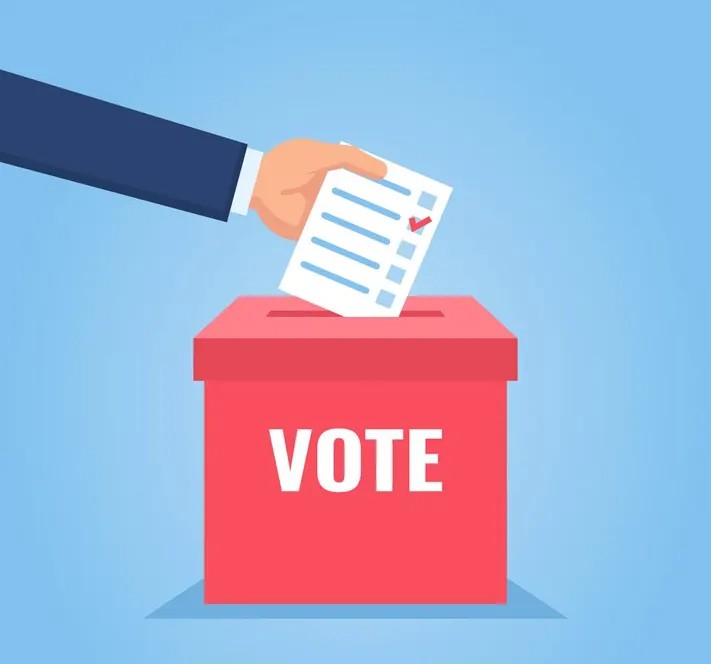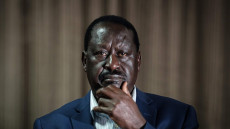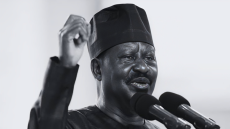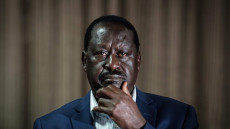- Against the backdrop of a heated campaign, the election holds significant importance as both candidates compete for the highest office in the country.
As the Republic of Liberia holds its breath in anticipation, the closely watched presidential election has commenced amidst tension and clashes between rival political camps.
The National Election Commission (NEC) oversees the voting process, while the nation eagerly awaits the outcome that will determine its future leadership.
Against the backdrop of a heated campaign, the election holds significant importance as both candidates compete for the highest office in the country.
Over the weekend, tensions reached a boiling point as clashes erupted between supporters of Joseph Boakai from the Unity Party and the incumbent President George Weah's Coalition for Democratic Change (CDC).
These clashes left at least seven people injured and served as a stark reminder of the intensity surrounding this election. The animosity between rival camps underscores the critical nature of the race and the deep divisions within the country.
Read More
The election goes beyond the selection of a new president. Liberians also cast their votes for 15 senatorial positions and 73 members of the House of Representatives, making this a comprehensive electoral process.
The significance of these elections cannot be understated, as they play a crucial role in shaping the country's governance and legislative landscape for years to come.
Voting faced challenges in some southeastern areas of Liberia due to flooding, resulting in delays and rescheduling. The aftermath of natural disasters added complexity to an already intricate electoral process.
However, despite these obstacles, Liberians remain determined to exercise their democratic right and have their voices heard.
As the nation eagerly awaits the conclusive results, Liberia finds itself at a critical juncture. The outcome of this election holds the potential for a historic turning point in a country that has witnessed second-round polls in the past three presidential electoral cycles.
The voters' decision will shape the nation's trajectory, impacting its governance, policies, and international relations.












